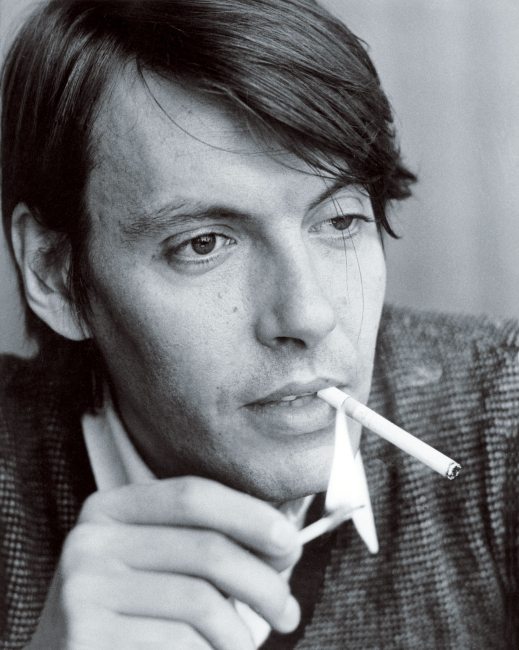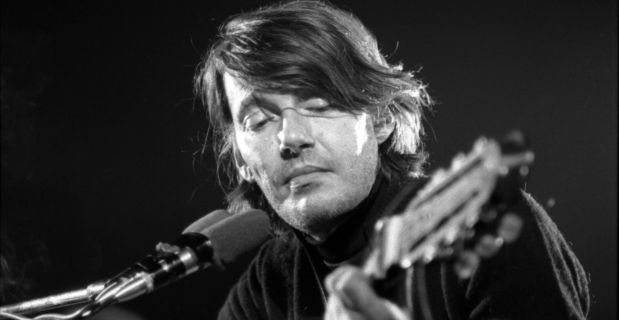Fabrizio de Andrè
Fabrizio De Andrè, or “Faber” as he was nicknamed by his friend Paolo Villaggio, does not need to be introduced. He is considered one of the most famous and important song writers of Italian music and contributed to give value to Ligurian culture. He is considered part of the so called Genoese school, together with Bruno Lauzi, Gino Paoli, Umberto Bindi and Luigi Tenco.
Fabrizio Cristiano De André was born in the Genoese district of Pegli on February 18th in 1940. During his career he released thirteen albums and many singles.
Reviewers consider some of his lyrics as true poems, and many of them can be found in numerous anthologies. He dedicated many of his songs to outcasts, rebels and prostitutes, underlining social issues with realism and rawness and mixing international music influences with Mediterranean ones, giving particular attention to Genoese and sometimes even Neapolitan music (like in “Don Raffaè”).
In 1960 Fabrizio and Clelia Petracchi wrote “La ballata del Miché”, which is considered Faber's first work. In 1964 he released "La canzone di Marinella", which was inspired by a real story and made him reach success after Mina's cover. In the Seventies De André dedicated himself to the translation of songs written by great international artists, such as Bob Dylan and Leonard Cohen.
In 1984, in collaboration with Mauro Pagani, he published an important album entirely performed in Genoese whose aim was to celebrate the Mediterranean culture, the title was “Creuza de mä”. This album is considered a masterpiece in world music.
Fabrizio De Andrè died in Milan on January 11th in 1999. His funerals were celebrated in Genoa in the Basilica di Santa Maria Assunta in the district of Carignano: almost 10 thousand people attended the ceremony, among them there were many artists, members of the showbiz and of the political scene. By his will, his ashes were spread off the Genoese coast, but it is possible to visit his grave at the Cemetery of Staglieno. On march 12th in 2000 the Carlo Felice Theatre hosted a concert of great Italian artists in memory of Fabrizio De Andrè, after the event an album was released and the proceeds were donated to charity.
De Andrè is still alive in Italian pop culture and is remembered with awards and initiatives that bring his name: from the famous shop in via del Campo “Via del Campo 29rosso” and the nearby plaque engraved with the words of his song dedicated to this street, but to the installation realized Tempio Pausania by another Genoese artist, Renzo Piano; and the award De Fabula (then Premio Fabrizio De Andrè), given to the people who contribute to spread the Genoese culture. His wife Dori Ghezzi together with Fernanda Pivano founded the Fondazione Fabrizio De Andrè Onlus on the year of his death to keep the memory of the beloved song writer.


